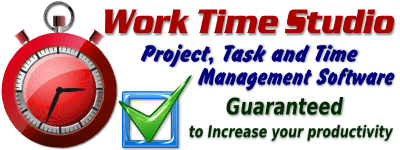
|

|

|
Xport Interface: markup overview
Xport's markup type alias, (and other aliases typed from
xhtml_markup), is the base class for all the content classes listed below.
- element
- pcdata
- comment
- procinstr
A markup object encompasses a markup item, and includes the above four types of markup items. The markup objects comprise the document
tree within the document. A markup object's constructor is private, so markup can not be constructed itself, as it was created to be a base class
only. However, certain operations in Xport return pointers or references to markup objects.
The type alias that you use for your markup depends on two factors. The document type you wish to use, and the character type you wish to use. The table in the interface overview lists the available type aliases for Xport's markup.
Markup objects have much of the same interface operations as element. In fact, many of the virtual operations in markup are
only present for the derived element, and apply only to that derived class. If those virtual operations are called from a comment
or procinstr object, there will generally be no action taken.
All of markup's public operations are listed below, categorized by their behavior. Although most of these operations are relevant only
to element, they are listed below, so their default bahavior can be illustrated.
Child markup retrieval
Insertion/deletion operations
Iterator retrieval
Setting and retrieving attributes and styles
State queries
miscellaneous operations
